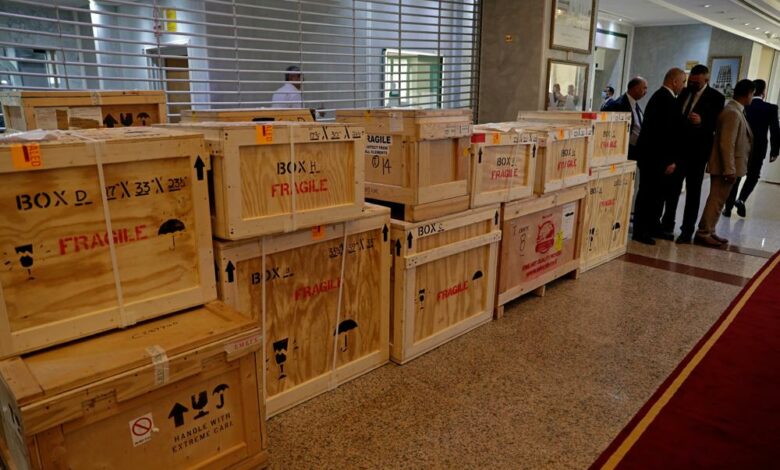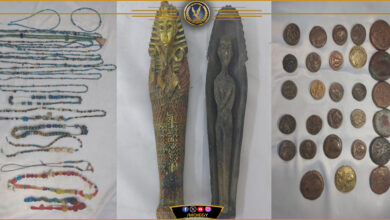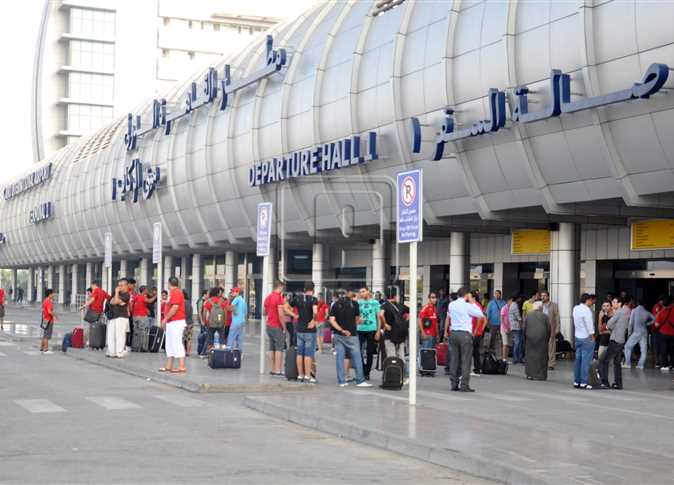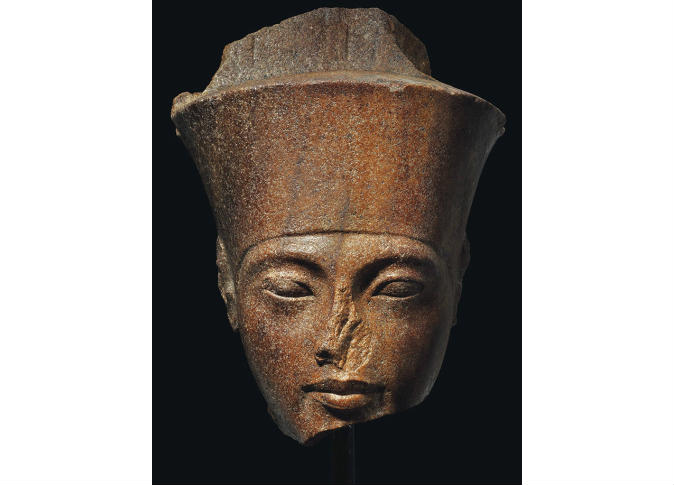
Historical treasures and antiquities have been targeted by thieves across history, with many artifacts ending up in international auction without being investigated and with authorities powerless to stop it.
However, recent technological advancements through the blockchain could change things.
The creation of a global antiquities registry that provides a safe, transparent, and reliable way to track authenticity and ownership, using modern technology, may constitute a quantum leap in battling antiquities smuggling worldwide.
Researchers at the University College London (UCL) have developed a blockchain tool called Salsal, also called Agur, in an attempt to limit trading in ancient treasures and artifacts.
This follows after the Metropolitan Museum in New York in 2019 announced returning an Egyptian coffin that the museum had bought from an art dealer who had stolen it from Egypt in 2011.
The Salsal blockchain is a tool that was originally made to support cryptocurrencies such as “Bitcoin”. It now represents a digital, decentralized, immutable record available to the public, as it is able to record data through many computers to form a database of associated blocks.
“Once information is recorded on the blockchain, it cannot be altered retroactively without the alteration of all blocks in the chain and the consensus of the network,” according to CNN.
How can the Salsal blockchain protect artifacts?
The Salsal tool can help museums or collectors provide complete details about their collections using an online platform.
Experts will then evaluate these pieces and determine if the collection was acquired legally and ethically.
The pictures and details of the artifacts will be provided and then transferred to investigators, who will verify its authenticity.
This provides a valuable means for cultural institutions to start sharing information about their collections to the public in a way that they can also participate in its effective protection, or share knowledge about it.
The idea of the project was led by a professor at UCL’s institute of archaeology Mark Altaweel, and a professor of computer science at the University of Abu Dhabi, Adel Khelifi.




